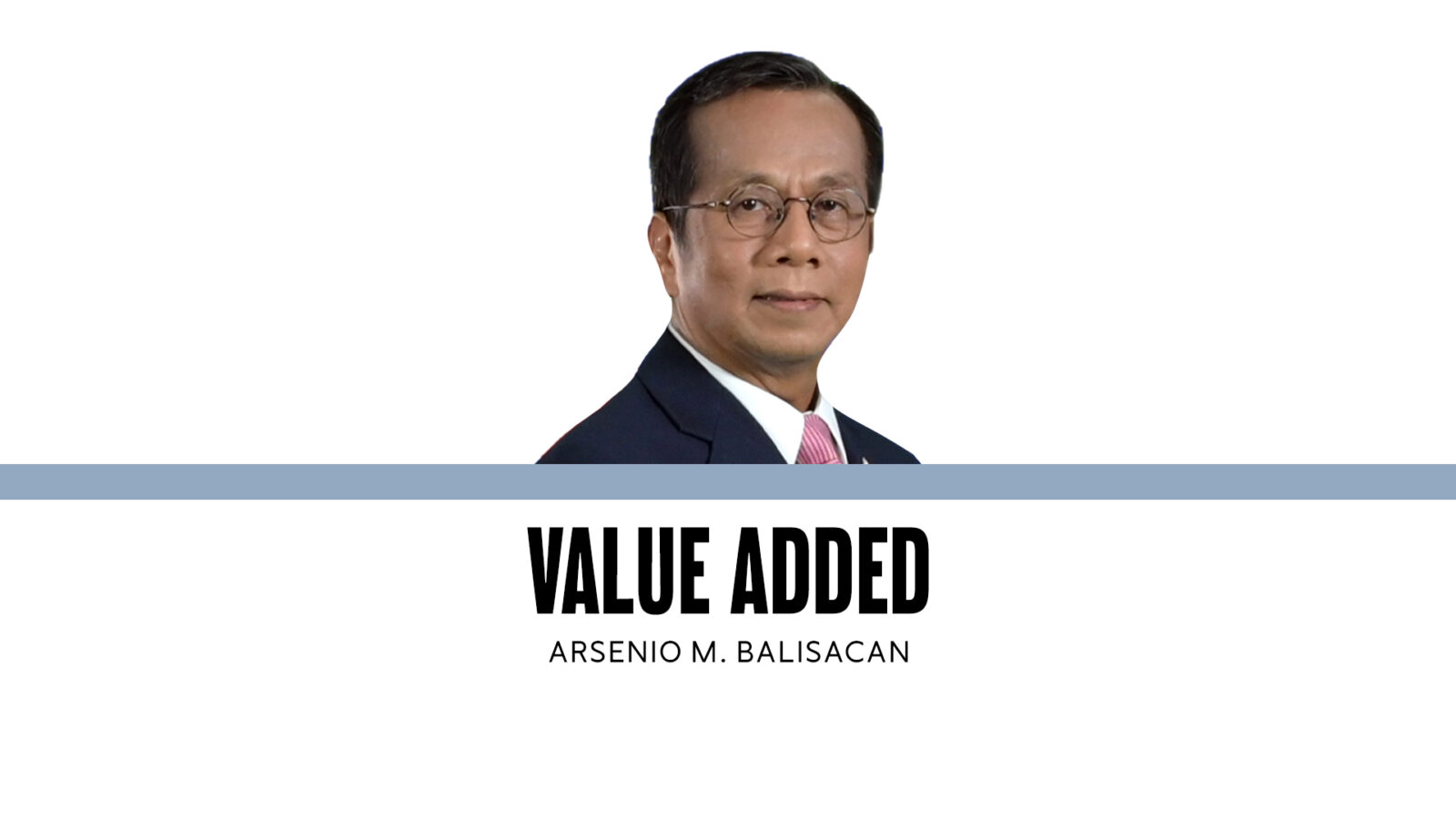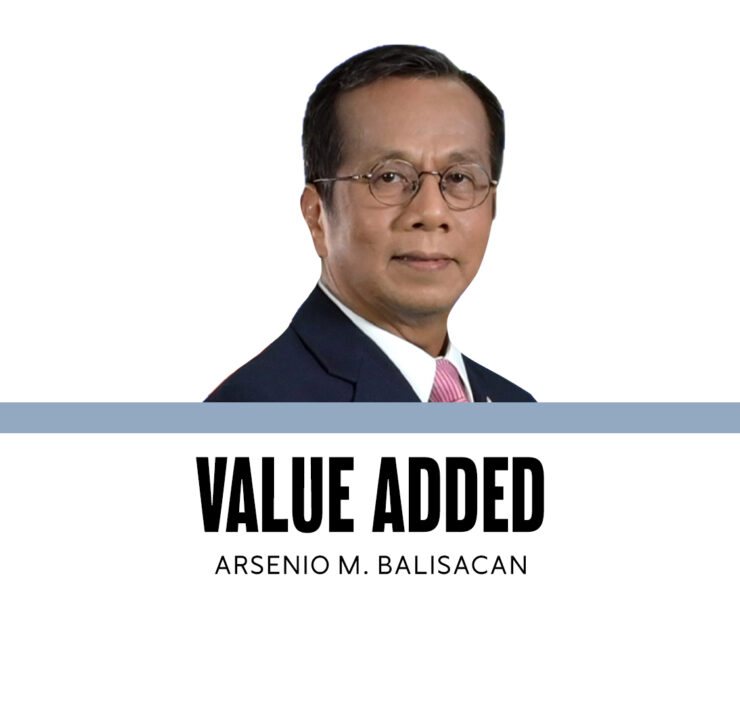Rethinking industrial policy for development

Developing economies like the Philippines now face tough policy decisions as they rebuild public finances scarred by the COVID-19 pandemic and adapt to a global landscape shaped by rising protectionism, geopolitical tensions, supply chain disruptions, the rapid rise of artificial intelligence, the climate crisis, and the green energy transition.
In this shifting environment, industrial policy (IP) has regained prominence in policy debates.
French economist and Nobel Laureate Jean Tirole defines industrial policy as “the channeling of public funds (or tax breaks) to benefit certain technologies, sectors, even specific firms or businesses” to achieve national objectives that the market alone cannot deliver. This definition offers a clear lens through which to examine IP’s renewed relevance.
Traditionally, IP addresses specific market failures. Small and medium-sized enterprises, for instance, often struggle to secure financing due to high transaction costs and perceived lending risks. In the absence of government support, private investors lack strong incentives to fund upstream research and development (R&D), as they rarely capture the full benefits of such investments. Yet R&D remains crucial to boosting productivity and competitiveness.
Another rationale lies in the need for coordination among complementary businesses in industrial clusters. When firms align their production strategies—for example, a steel factory sourcing a specific type of iron ore from a nearby mine— each player’s viability improves. The classic “infant industry” argument also supports temporary protection or support for new sectors with the potential to become competitive over time.
Today, governments deploy IPs not just to address traditional market failures but also to build climate-resilient supply chains, foster green technology development, facilitate rapid structural transformation to create quality jobs in higher value-added sectors, and secure self-reliance in a geopolitically uncertain world.
Public-private partnerships now play a vital role in modern IP, leveraging the respective strengths of government and industry in technology access, process design, financing, implementation, and management.
Beyond fiscal incentives, industrial policy increasingly involves the deployment of trade measures—tariff and non-tariff barriers—to shield local firms, sectors, or technologies from external competition while nurturing their growth.
History offers important lessons. In the second half of the 20th century, East Asian economies—Japan, South Korea, Taiwan, China, and Singapore—used IP to great effect. These nations strategically directed fiscal, credit, and institutional support toward promising sectors and enterprises. Those that performed well received continued backing; those that failed were cut off. But industrial policy alone did not guarantee their success. These countries also cultivated sound macroeconomic fundamentals, strong institutions, and efficient governance.
The global track record of IP is mixed. Policymakers now focus less on whether to adopt industrial policy and more on how to design and execute it effectively. For developing nations with constrained fiscal space, weak institutions, and fragile macroeconomic environments, the path forward must be deliberate and well-informed.
Four lessons stand out.
First, governments must define IP goals with clarity. Simultaneously pursuing job creation, social inclusion, sustainability, industrial upgrading, national security, and a green transition risks confusion and inefficiency. Policymakers must set focused objectives to avoid costly trade-offs and misallocation of scarce resources.
Second, ex-ante evaluation is essential. Policymakers must weigh costs and benefits early on, recognizing the opportunity costs of fiscal support and potential revenue losses. For countries with limited resources, this is especially critical.
Third, an effective coordination mechanism—both within government and between the public and private sectors—is essential to ensure that various policy instruments work in harmony and that the deployment of public funds yields maximum impact.
Fourth, effective monitoring and evaluation must accompany implementation. Policymakers need clear performance metrics and an enforcement framework that rewards success and penalizes failure. Without this, IP can easily become a costly experiment and a hostage to wasteful rent-seeking activities. Governance must ensure transparency and accountability. Periodic objective reviews should guide whether to scale up, recalibrate, or phase out interventions.
Industrial policy holds real promise for advancing economic welfare, but its success hinges critically on complementary good governance, sound economic fundamentals, and an ecosystem that fosters human capital development and innovation.
—————-
Arsenio M. Balisacan is Secretary of the Department of Economy, Planning, and Development (DEPDev). The views expressed here are solely his and do not necessarily reflect those of the institutions with which he is affiliated.
—————-
ambalisacan@depdev.gov.ph


















The West remains silent on Gaza; we mustn’t